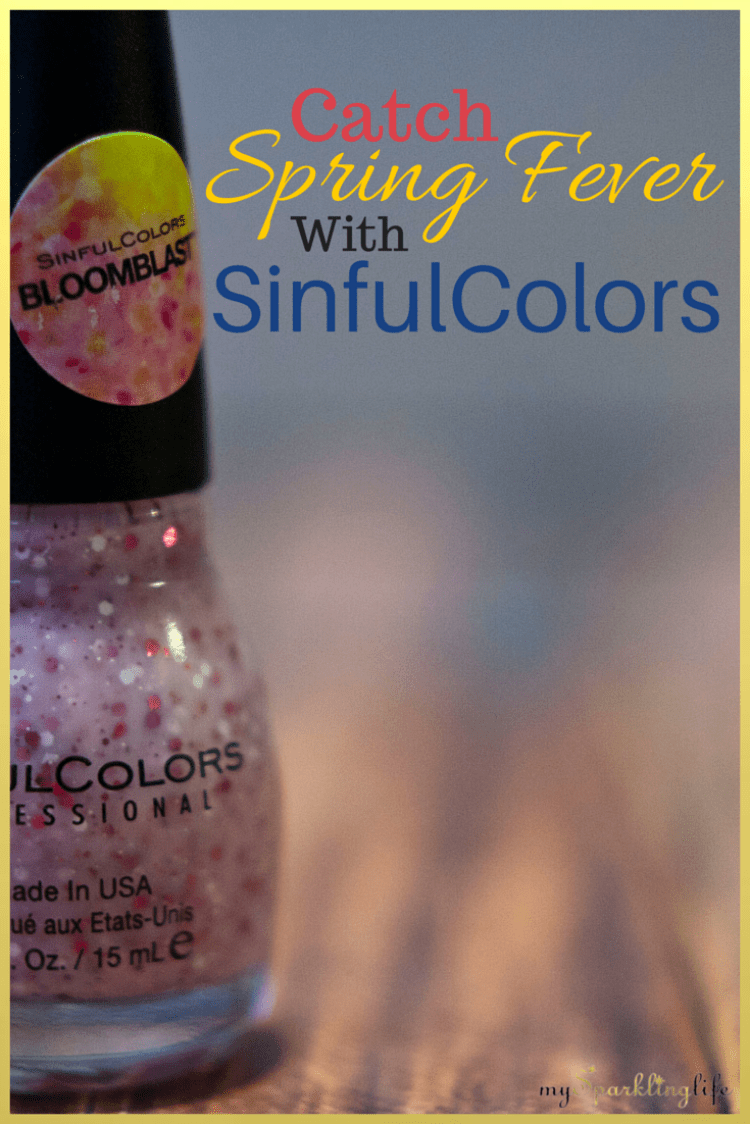5 Ways to Make Your Kids Day Without Spending a Dime (The Science Will Shock You)
Your kid’s brain doesn’t give a damn about your Amazon Prime account.
Harsh? Maybe. True? Absolutely.

Here’s what kills me: while you’re doom-scrolling toy deals at 2 AM, your child’s developing brain is literally screaming for something else entirely. And I’ve got the receipts.
Yale’s happiness lab just dropped a truth bomb that should make every parent delete their shopping cart. Kids’ brains release more dopamine during cardboard box adventures with YOU than playing solo with a $300 gaming system. Let that sink in.
The kicker? Those million-dollar memories you’re desperately trying to manufacture? They cost exactly zero dollars.
I’m about to show you five scientifically-proven ways to make your kids day that work better than anything with a barcode. And yeah, I tested every single one on my own chaos gremlins first.
Your Kid’s Brain on Attention: The Drug Amazon Can’t Sell
Let’s get real about brain chemistry for a second.
When you give your kid undivided attention, their prefrontal cortex goes absolutely nuts. We’re talking Christmas-morning-level activation. But when they play alone with that expensive toy you guilt-bought? Different story. The brain activity looks like a dimmer switch compared to a spotlight.
Dr. Laurie Santos from Yale tracked this stuff. The results? Brutal for toy companies.
Kids literally cannot tell the difference between a $200 LEGO set and a cardboard box when a parent is actively engaged. Their happiness neurons fire at identical rates. Your presence is the variable that matters. Not the price tag.
Here’s where it gets wild. A 2023 study followed 500 families for six months. Half the parents went full consumer mode – new toys weekly. The other half? They committed to 30 minutes of focused daily activities.
The toy-buying families reported kids who were ‘occasionally happy.’
The attention-giving families? Their kids tested off the charts for emotional security and joy.
But wait. It gets worse.

The average American kid gets seven minutes of undivided parental attention daily. SEVEN. MINUTES. We spend more time picking a Netflix show. No wonder we feel guilty. No wonder we compensate with credit cards.
Your kid’s brain is running on software from 50,000 years ago. Back then, parental attention meant survival. That programming hasn’t updated just because we invented iPads. When you’re present – really present – you’re triggering ancient joy circuits that no toy can access.
The Zero-Dollar Joy Arsenal: 5 Ways to Blow Your Kid’s Mind
Forget everything you’ve read about ‘quality time.’ These aren’t your grandmother’s activity suggestions. These are precision-engineered happiness bombs based on actual brain science.
The Personalized World Hunt
Generic scavenger hunts are for amateurs. You want to hack your kid’s relevance detector? Build the entire hunt around their current obsession.
Kid won’t shut up about space? Hide ‘moon rocks’ (aka gravel) with clues written in ‘alien language.’ Dinosaur phase? Those aren’t sticks in the backyard – they’re fossil fragments from the Jurassic period.
One family in Michigan did personalized hunts every Sunday. Their 7-year-old told researchers these homemade adventures were ‘better than Disney World.’ Why? Personalization makes experiences 87% more memorable. Their brain literally cannot ignore something tailored specifically to their interests.
The Storytelling Power Flip
Bedtime stories are fine. But you know what sends confidence chemicals through the roof? Making YOUR KID the storyteller.
Here’s the twist that changes everything: you become a character in their story. Not the hero. A character they control.
This simple flip activates their hippocampus while building narrative skills most kids don’t develop until middle school. Plus, the serotonin boost from being the storyteller instead of the listener? Off the charts.
The Secret Helper Mission
Want to see your kid’s happiness scores jump 40%? Give them a covert mission to brighten someone else’s day.
Maybe it’s drawing a surprise picture for grandma. Maybe it’s secretly cleaning up their sibling’s toys. The target doesn’t matter. The secrecy and purpose do.
Kids who participated in ‘kindness missions’ showed the same neurological reward patterns as kids receiving gifts. Except the happiness lasted longer. Helping others lights up reward centers in ways that getting stuff simply can’t match.
The Living Room Time Machine
This one’s stupid simple. And stupidly effective.
Your living room becomes a time machine. Kid picks the era. Then you commit. FULLY.
Going to ancient Egypt? You’re not walking – you’re doing that weird sideways thing from hieroglyphics. Viking era? Everything becomes a battle cry. Dinosaur times? Hope you’re ready to stomp.
This fires up mirror neurons at rates that make screen time look like a meditation session. The physical commitment to pretend play creates emotional memories that stick for decades.
The Controlled Chaos Hour
For exactly one hour, become a ‘yes’ machine. Every safe request gets approved.
- Want to wear swim goggles to dinner? Yes.
- Build a fort that blocks the TV? Absolutely.
- Put ketchup on fruit? Your funeral, kid.
This controlled chaos gives kids something they desperately crave: agency. Studies show children given regular choice-making opportunities are 3x more likely to report feeling ‘very happy’ compared to kids in rigid environments.
The boundaries are crucial though. One hour. Safety rules still apply. But within those limits? Total freedom.
The Good Intention Graveyard: How Parents Ruin Their Own Magic
You know what’s worse than not trying? Trying so hard you kill the joy.
Parents sabotage these moments three ways. Every. Single. Time.
The Pinterest Perfectionist Trap
You think elaborate equals meaningful. Your kid thinks elaborate equals boring.
One Seattle mom spent three hours creating an intricate treasure hunt with handmade maps and rhyming clues. Her kid quit after ten minutes. The next day? They spent an hour making fart noises with their armpits. Guess which one the kid still talks about.
Spontaneous joy creates stronger neural pathways than planned activities. Why? Unexpected happiness triggers massive dopamine dumps. Your random Tuesday dance party beats your choreographed birthday surprise every time.
The iPhone Documentary Disease
Put. The. Phone. Down.
I know. You want to ‘capture the memories.’ But UC Irvine research shows kids whose parents constantly photograph activities feel like performers, not participants.
Your kid’s brain knows the difference between you being present and you being a director. One creates connection. The other creates performance anxiety.
You want memories? BE in them. Not behind them.
The Comparison Cancer
Stop measuring your cardboard fort against someone’s backyard zip line.
Kids don’t naturally compare experiences. We teach them that poison. Your engaged presence during sidewalk chalk beats someone else’s distracted supervision at Disney.
Here’s the gut punch: kids can smell fake enthusiasm like sharks smell blood. They’d rather have your authentic weirdness during simple activities than your forced excitement during Instagram-worthy events.
Your Zero-Dollar Challenge Starts Tonight
Look, I get it. We’re programmed to think love equals stuff. Amazon counts on it.
But your kids? They’re operating on different software. Primal software. Connection software.
The five activities I shared aren’t cute suggestions. They’re scientifically proven brain hacks that cost nothing but create everything.
Tonight, when your kid negotiates for ‘just five more minutes’ at bedtime, try this: ask them to describe their favorite part of today. Not what they got. What they felt.
Then use their answer as tomorrow’s blueprint.
Kid loved when you made silly voices? Tomorrow’s grocery run just became a cartoon character convention.
They mentioned the funny face you made at dinner? Congratulations, you’re now enrolled in daily face-making championships.
You don’t need Prime shipping to be a prime parent. You need presence. Weirdness. And the balls to believe that your attention is the only currency your kids actually value.
Your move. Make it count. Make it free. Make their day.





